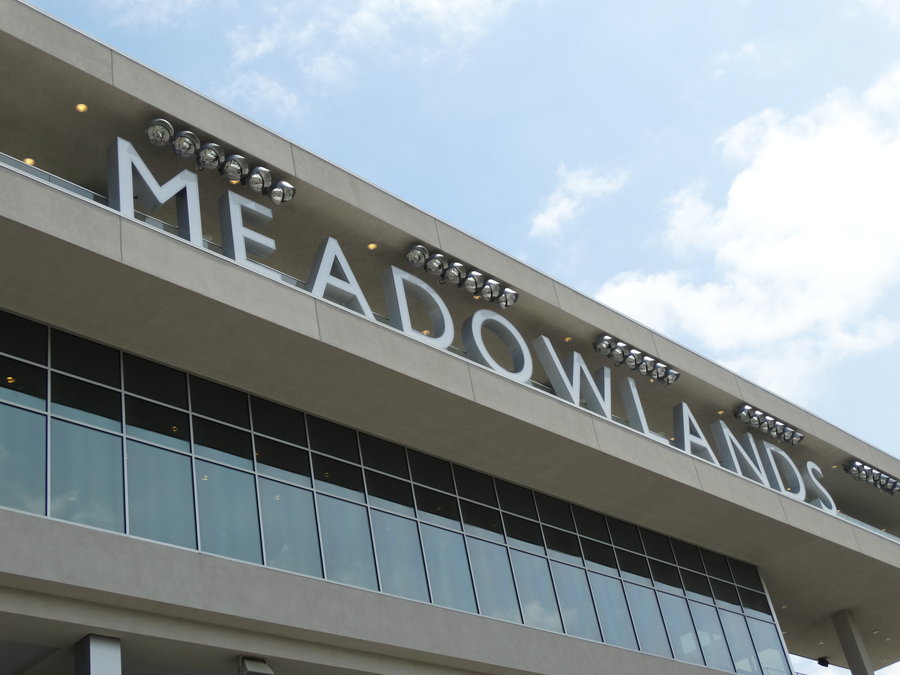MEADOWLANDS – Early this year a new hotel room surcharge of 3 percent was established in the Meadowlands to replace tax sharing. With that surcharge falling far short of its goal, the state recently stepped in to pay a portion of the approximately $5 million due to six Meadowlands towns.
The old tax sharing system required certain Meadowlands towns with more development to pay into a pool, while other towns with more restrictions on development would be paid out of that pool. Secaucus and North Bergen were among the municipalities paying millions of dollars annually into the fund, under the system they long argued was antiquated and unfair.
Tax sharing was eliminated in February when the New Jersey Meadowlands Commission and the New Jersey Sports and Exposition Authority (NJSEA) were consolidated into one entity. The hotel surcharge was instituted at that time to ensure the towns with more development restrictions continued to receive annual payments. The surcharge was predicted to raise between $7 million and $10 million annually, enough to replace the $7.4 million produced by tax sharing. The first of three annual payments of about $2.5 million each was due to the six towns on May 15. But by that point the state Treasury Department had collected less than $1 million from the hotel surcharge. A pro-rated portion of that amount was distributed to the towns of Jersey City, Rutherford, East Rutherford, North Arlington, Ridgefield, and Kearny. The towns quickly protested, since they had factored the expected revenue into their budgets for the year.
During the period of March to August, the state collected only about $1.8 million, well below expectations.
To supplement the lagging fees, a joint legislative committee approved an appropriation of $4.5 million in August, ensuring the towns would receive the balance of the money due to them.
Secaucus Mayor Michael Gonnelli and East Rutherford Mayor James Cassella have both advised the NJSEA that the revenue generated this year by the new hotel surcharge seems too low based on past hotel occupancy.
Our Digital Archive from 2000 – 2016
